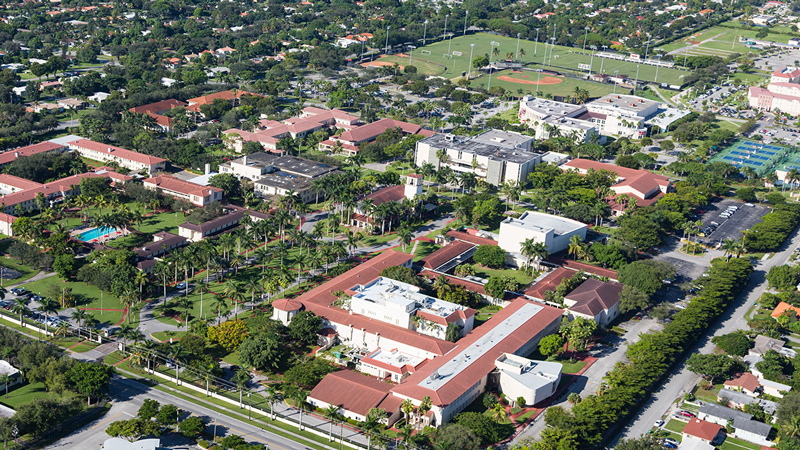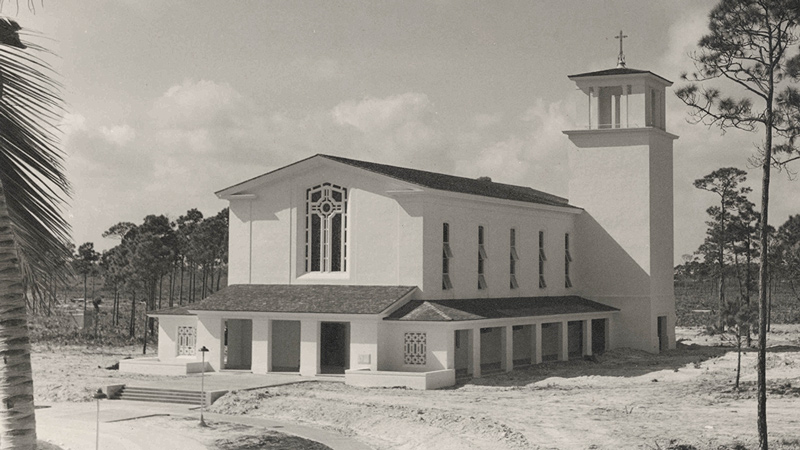Here are three reasons why you should minor in Africana Studies:
- Gain knowledge and perspectives about the African Diaspora through the disciplines of English, Fine Arts, History, Humanities, Sociology, Psychology, and Theology.
- Increase the range of career opportunities by using your Africana Studies training as an entryway to graduate degrees and careers in advertising, community organizing, education, human resources, journalism, law, medicine, politics, public policy, public health, social work, and many more.
- Develop critical thinking skills and cultural humility to contextualize how African and diasporic experiences intersect with class, ethnicity, gender, race, and other social identities.
Africana Studies' objective is to widen and strengthen African diasporic culture, tradition, and values. If you didn't know, now you know! Our Africana Studies program offers an up-to-date curriculum highlighting African, African American, Latin America, and Caribbean people's histories. By connecting the past with the present, the roots with the branches, Africana Studies at Barry virtually connects the past with the present and the present with the future. By understanding who we are, we will manifest the dreams of those who tilled the soil, planted and water the seeds as they traveled throughout the world, and landed in America. Let us continue our ancestors' tradition by planting seeds of love, peace, equity, and justice through our symbiotic exchange of knowledge about the African Diaspora.













